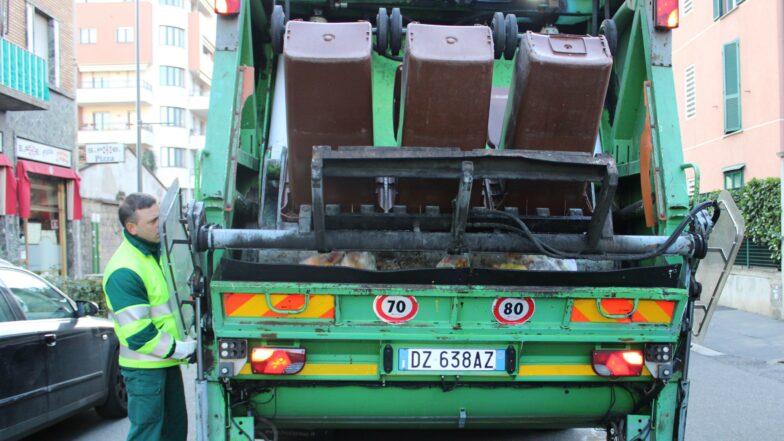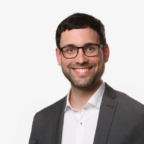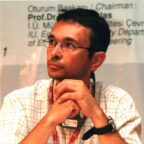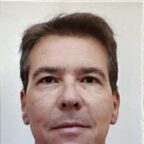#LIFEBIOBEST webinar: How to best collect bio-waste in high density areas?
Register here
As outlined in the EU Waste Framework Directive, member states are required to collect bio-waste separately from 1st January 2024 onwards. With future recycling targets of 60 and 65% in the coming years, it is increasingly obvious that Member States must prioritise high-performing bio-waste collection models, if they are to achieve the desired targets for recycling and the circular economy in Europe as a whole. This is especially important given the latest figures that show 18 out of 27 Member States are currently not on track to achieve the 2025 recycling target of 55%.
However, given the wide disparities in the efficiency of bio-waste collection and recycling across the EU, many European municipalities are still struggling to achieve good results, both in terms of collection rates and also the quality of organic waste collected.
In large, densely populated cities, bio-waste collection can be a particular challenge. Numerous parameters have to be taken into account, such as high rise apartment buildings, a wide variety of commercial activities, different nationalities, and tight budgets all adding extra layers of complexity.
Based on the most up-to-date best practices and findings validated by the LIFE BIOBEST project and Zero Waste Europe network success cases, this webinar aims to present how best to collect organic waste (food and garden waste), in high-density areas. It will share key details and evidence on how to set up such high-performance systems in a range of urban contexts across Europe.
In this webinar, we will uncover the DO’s and DON’Ts of effective bio-waste management. More specifically, we’ll look in detail at:
- Why and how, in high-density areas such as Milan (home to over 1.4 million people), door-to-door collection systems perform much better than other models that are increasingly seen as “progressive solutions.”
- How to secure the support and participation of all your community members through innovative communication campaigns and engagement practices.
- The importance of prioritising food waste over garden waste in such locations, as well as how to tailor the frequency and style of collection rounds in order to maximise capture rates.
Speakers
-
 Steffen WalkScientific Officer - European Compost Network
Steffen WalkScientific Officer - European Compost Network -
 Ivana MalešCircular economy expert and Co-founder of the Institute for Circular Economy
Ivana MalešCircular economy expert and Co-founder of the Institute for Circular Economy -
 Marco Ricci-JürgensenSenior Expert - Italian Composting and Biogas Association
Marco Ricci-JürgensenSenior Expert - Italian Composting and Biogas Association -
 Simone OrsiWaste and Marketing Specialist and Circular Economy Expert - AMSA S.p.A.
Simone OrsiWaste and Marketing Specialist and Circular Economy Expert - AMSA S.p.A. -
 Manon JourdanImplementation Officer - Zero Waste Europe
Manon JourdanImplementation Officer - Zero Waste Europe
Webinar presentations
Re-watch the webinar
Related links
- Explore the LIFE BIOBEST Project
- Join the project network as a Supporting Stakeholder
- Register to join the first LIFE BIOBEST capacity-building workshop – “Unlocking Efficiency: Strategies for building a high-performing municipal bio-waste system’’
- Sign up to participate in the 2nd LIFE BIOBEST co-creation working group
- Join the ZWE Study Tour in Barcelona